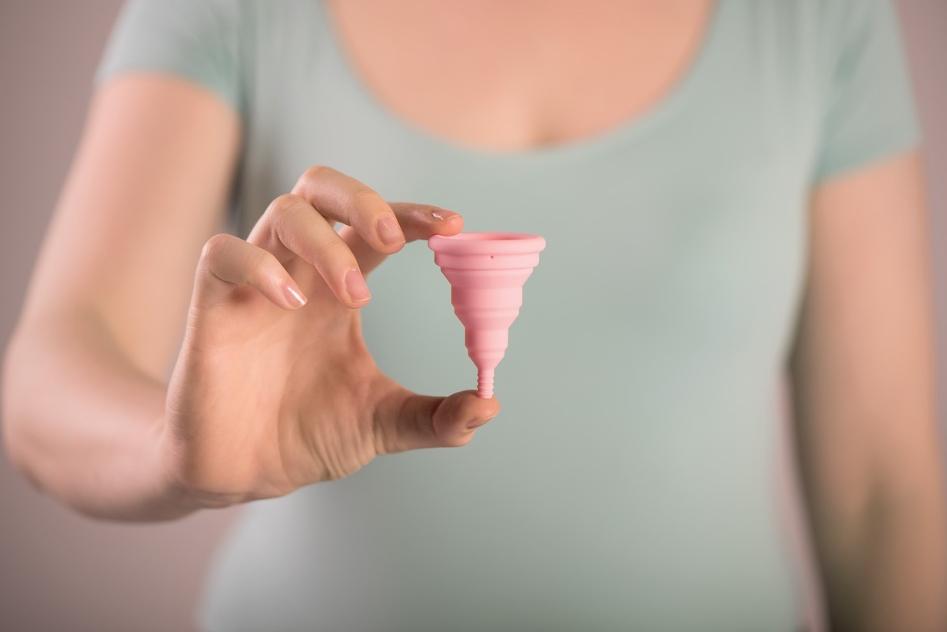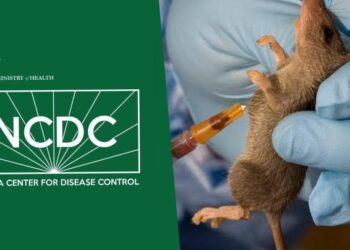When you think or hear about menopause, you may probably imagine it happening to women in their late 40s or 50s. But did you know it could happen much earlier? I’m talking about as early as the late 20s or early 30s. This condition is called premature menopause, and as bizarre as this may sound to you, it actually isn’t rare.
Menopause itself, is when a woman’s periods stop for good, which means she can’t have children naturally. It’s a normal part of the female life cycle and aging.
Just like the majority of women start their menstrual cycle in their teenage years, so do women end their years of menstrual cycle in the 40s or 50s, as the case may be. In a case where menopause happens earlier than expected as in the case of premature menopause, it can be really devastating.

Symptoms of Premature Menopause
Because menopause is supposed to happen at a later age, an early menopause can bring a lot of symptoms that affect not just the body, but also emotions.
Physical Symptoms
For physical symptoms, it’s usually:
- A sudden feeling of heat especially in the face and upper body.
- Waking up at night, drenched in sweat
- A dry vagina
- Irregular periods
- A low interest in sex
- Trouble sleeping
Emotional Symptoms
- Mood swings
- Anxiety
- Depression
- Irritability
However, in the long run, this condition can increase the risk of getting heart problems because estrogen levels are low. Also bones become weaker and more likely to break, and you might have trouble thinking or remembering clearly.
How Premature Menopause Starts
The ovaries are responsible for releasing eggs and also making the estrogen hormone. But during premature menopause, these ovaries stop working properly as a result of different factors. The ovaries start to make less estrogen, which also helps to control periods. When that happens, you might notice that your periods come less often, or they stop coming entirely. As estrogen levels drop, you get other symptoms like hot flashes, night sweats, mood swings, and vagina dryness.
Causes of Premature Menopause
Natural Causes: There are two factors that come into play here. It’s either caused by family history or an unknown cause. For unknown causes, that’s as simple as the term implies. The doctors sometimes don’t know why it happens.
Family history, on the other hand, is when this condition has been passed down from generation to generation. If a woman’s mother or grandmother went through menopause early, she might too. That’s because some women are born with fewer eggs or their eggs run out faster than usual.
Medical Conditions: Sometimes, the body attacks its own ovaries by mistake, which damages the eyes inside. This is particularly true with diseases like thyroid problems or arthritis. Women who are born with conditions like Turner syndrome, can also suffer from premature menopause.
Furthermore, chemotherapy or radiation for cancer can affect the ovaries in such a way that they stop working. Lastly, if a woman has surgery to remove her ovaries because of cysts or maybe other problems, she will go into menopause right away.
Lifestyle Changes: Cigarettes contain chemicals that can damage the ovaries, making them less effective. Not eating well, or being too stressed can also have an effect on the ovaries over time.
Conclusion
Premature menopause, which can be brought on by family history, illnesses, certain treatments like chemotherapy, or bad habits like smoking, occurs when a woman’s body stops functioning normally, causing her periods to end much earlier than usual; sometimes in her late 20s or early 30s. This allows for symptoms like mood swings, hot flashes, and even health problems like weak bones or heart issues.

















